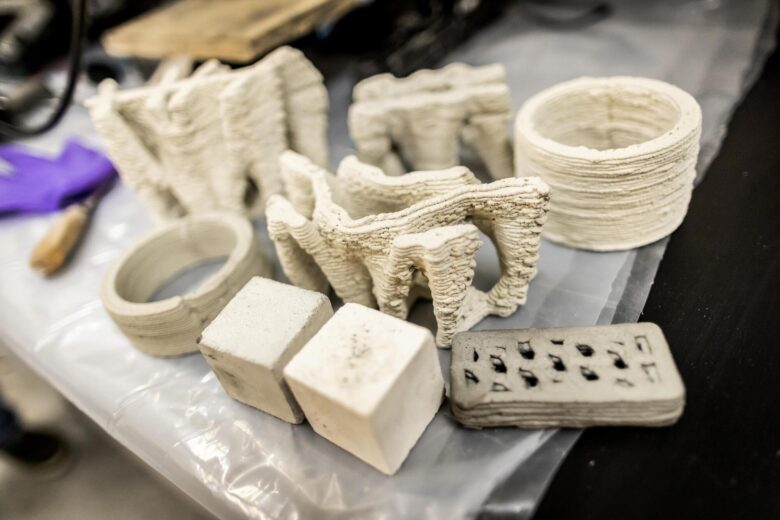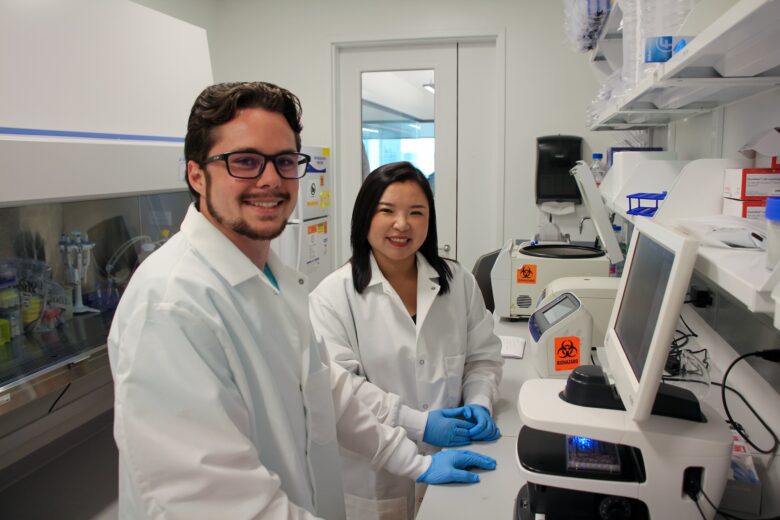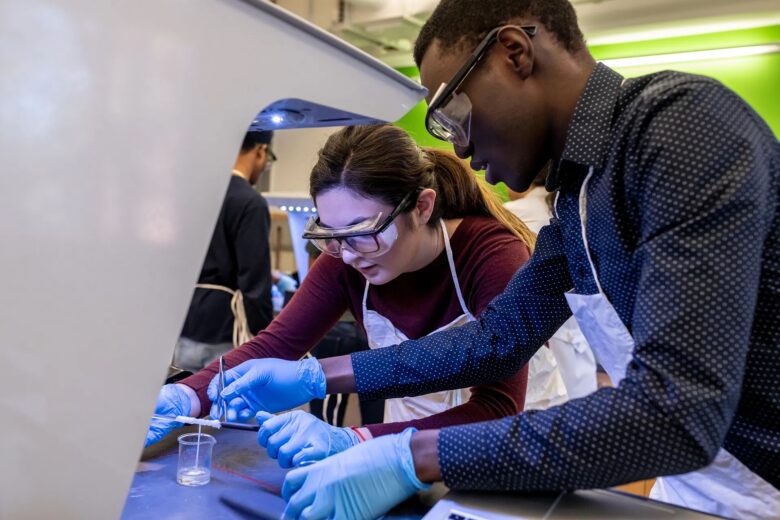
Every year, the Institute of Electrical and Electronics Engineers (IEEE) recognizes an individual for the “inspirational mentoring” of graduate students. This year, the Leon K. … Read More ›

Every year, the Institute of Electrical and Electronics Engineers (IEEE) recognizes an individual for the “inspirational mentoring” of graduate students. This year, the Leon K. … Read More ›

David Meaney has been named vice provost for research at the University of Pennsylvania, effective Aug. 1. He is senior associate dean for faculty development and … Read More ›

From the mud, straw, and gypsum mixtures of ancient Egypt’s monumental pyramids to the sophisticated underwater material employed by Roman engineers in iconic structures like … Read More ›

GRIP: Entrepreneurship in Montevideo, Uruguay Of the many stories I carry from my years in Spanish classes, one that has stayed with me and has … Read More ›

Fourteen million people worldwide suffer from enlarged hearts, or hypertrophic cardiomyopathy (HCM), a genetic disease that thickens the heart’s walls, making it harder for the … Read More ›

Each day, in every school at Penn, researchers are making strides to cure diseases, improve lives, and better understand our world. With more than $1.45 … Read More ›

Rhonda and Gentry Klein first met as undergraduate students at the University of Pennsylvania in the fall of 1997. More than 25 years later, they … Read More ›

Two new vice provosts have been named at the University of Pennsylvania. Russell Composto will be the vice provost for undergraduate education and Kelly Jordan-Sciutto the vice provost … Read More ›

Every summer, Penn Engineering turns into an engine of opportunity for hundreds of Philadelphia students. With programs ranging from coding camps to research internships, the … Read More ›

Penn-led researchers have turned a deadly fungus into a potent cancer-fighting compound. After isolating a new class of molecules from Aspergillus flavus, a toxic crop … Read More ›